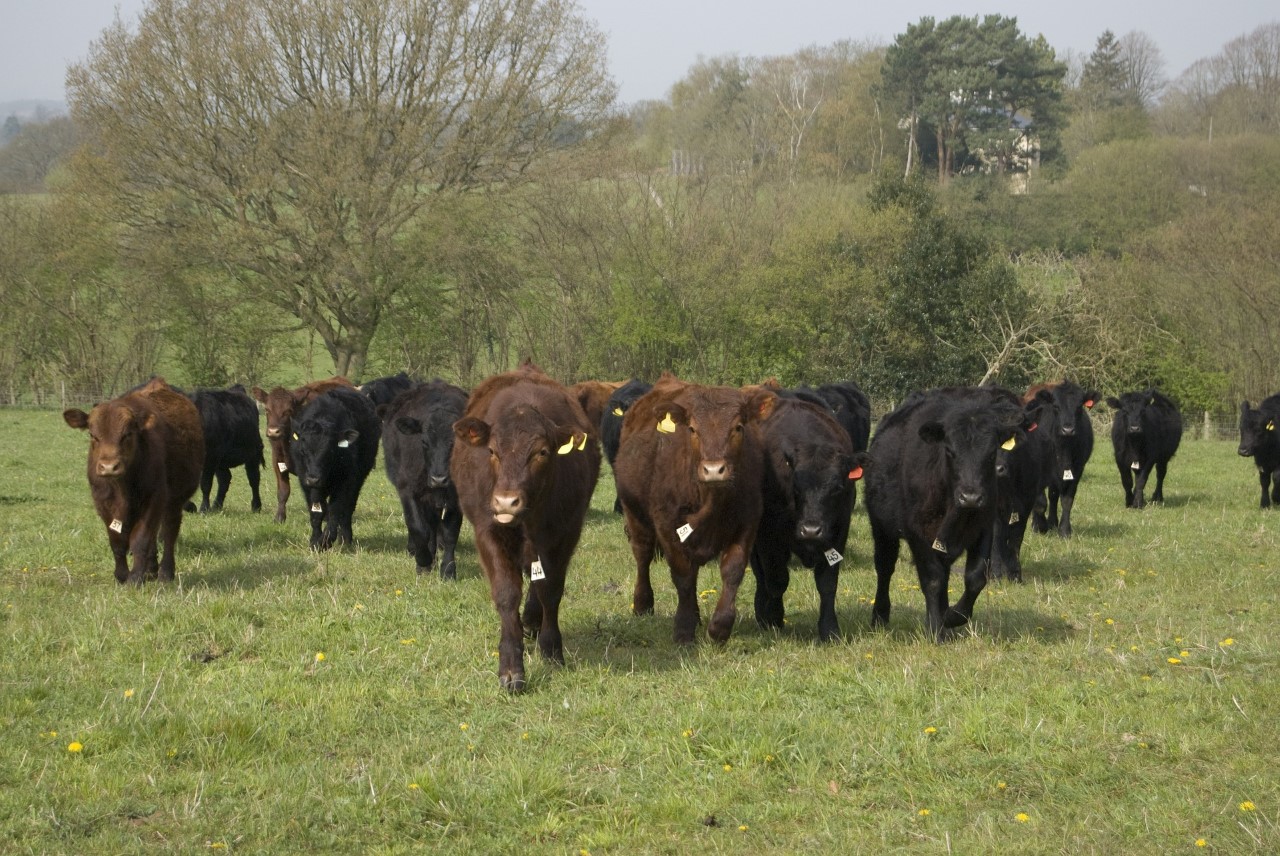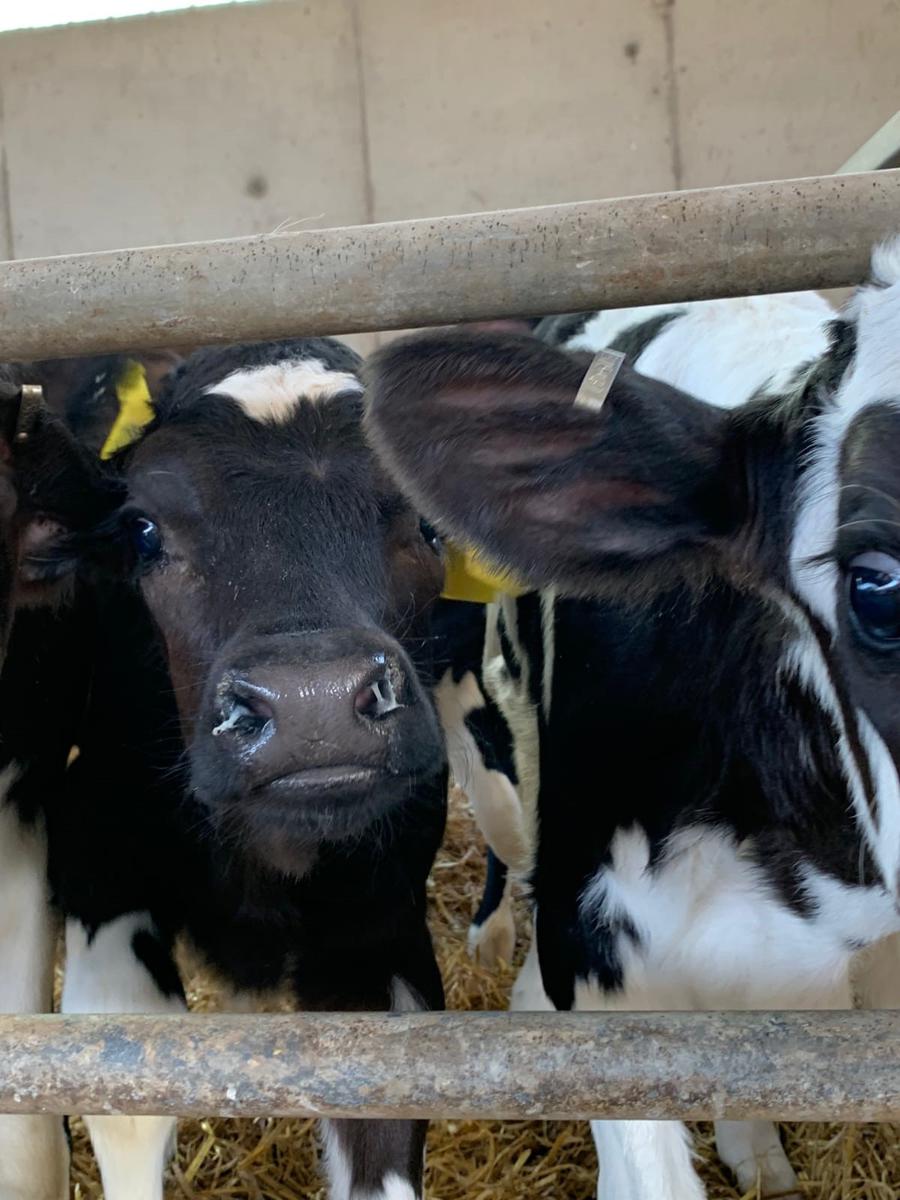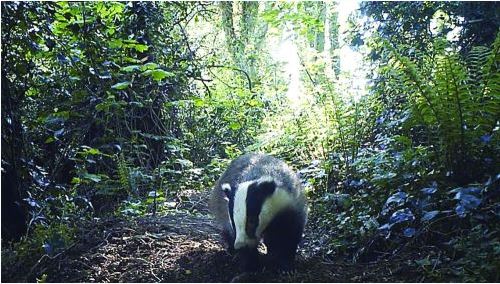



UK NFU and BVA respond to government's future bovine TB eradication strategy
Defra has announced a consultation on future TB eradication strategy, which proposes to no longer license badger culls post-2022; NFU and BVA both call for new proposals to be evidence-based.The British Veterinary Association (BVA) has welcomed the Government’s latest plans to eradicate bovine tuberculosis (bTB) in England by 2038 but cautioned that any new proposals must be underpinned by robust scientific evidence.
BVA’s statement comes as Defra launched a new consultation on the next phase of the Government’s bTB strategy on 27 January 2021. The eight-week consultation seeks views on a range of proposals following the Government’s response to the Godfray report.

Alongside the consultation document, Defra has issued a call for views on possible future measures to accelerate bTB eradication in England, such as further improvements to testing, encouraging increased uptake of farm biosecurity measures and supporting responsible cattle movements.
These include plans to phase out intensive badger culling through the following steps
- Stopping issuing intensive cull licences for new areas after 2022,
- Potentially reducing the duration of culling licences to two or three years
- Restricting new supplementary cull licences to two years and not reissuing them afterwards,
- Supporting badger vaccination in areas that have completed culls as an alternative to supplementary culling.
The consultation will also seek views on further improvements to the testing regime to root out bTB more effectively, with the targeted deployment of more sensitive gamma interferon testing for surveillance.
Responding to the consultation announcement, BVA President James Russell said:
“BVA has consistently advocated for an approach that uses all the tools in the toolbox to tackle this insidious disease, and we welcome progress on new tools and measures such as a viable cattle vaccine. Farmers, vets and the Government have put in enormous effort over the years to control bovine TB, but it’s essential that any next steps are evidence based before any of the proven tools are phased out.
“While the vaccination of badgers reduces the severity and progression of bTB in badgers, its effect on cattle bTB incidence remains uncertain. We would like to see prioritisation of research to evaluate the impact of badger vaccination on cattle as part of any ‘exit strategy’ from intensive badger culling.”
“We believe behavioural science should be at the heart of any bTB policy, so we fully support the approach of informing, advising and incentivising the uptake of good biosecurity practices on farm.
“Steps to tackle bovine TB going forward must centre on empowering vets and farmers by supporting their pivotal relationship, through better and more timely data sharing and more autonomy for vets and farmers to deploy available tools.
BVA’s new policy position on bTB, launched in July 2020, draws on behavioural science to set out a comprehensive approach to tackling the disease across the UK and proposes 35 wide-ranging recommendations.
BVA’s policy position on bovine TB can be viewed here.
The NFU's take
Responding to the consultation, NFU Deputy President Stuart Roberts said: “Bovine TB continues to devastate farming families up and down the country, causing huge strain mentally, emotionally and financially for farmers. Thousands of farms have seen generations of cattle slaughtered because of the disease, crippling their livelihoods instantly.
“The government’s 25-year TB eradication strategy has provided some real hope to those farmers and it is clearly delivering successful results. The badger cull has played an enormous role in that.
“The government’s own consultation says that incidents of TB in cull areas have dropped by 51 percent after four years. This clearly shows that, in line with the Randomised Badger Culling Trial, the badger culls are working and that it is essential to keep our focus on eradicating this dreadful disease and using every tool in the box to do so.
“A science and evidence-based approach must continue to drive government’s approach to TB eradication in cattle, at this critical time we cannot have eight years of progress undermined. Right now, the government should be particularly aware of the consequences of taking its foot off the gas when it comes to controlling a disease.

“It is therefore heartening to hear that field trials for a fully authorised cattle vaccine are underway. The COVID-19 vaccine has shone a light on the incredible scientific capability in this country to deal with a zoonotic disease and farmers will be hoping that a fully authorised cattle vaccine can soon become another vital tool in eradicating this dreadful disease.
“Farmers would like to use all effective measures to control this disease but as we know, there is not one single solution and our sole aim is to eradicate TB. But if the government wants to phase out one successful measure, it must be 100 percent satisfied that any changes to replace it with an alternative must be proven to be equally effective.
“Make no mistake, this disease continues to devastate farming businesses and their families. More than 27,000 cattle were slaughtered last year as a result of this disease. I am certain that the consequences of these proposals will have severe impacts on the lives of farming families all across the country.”
The NFU will continue to analyse all of the proposals in this document and consult extensively with its members on this incredibly important issue.
TheCattleSite News Desk



